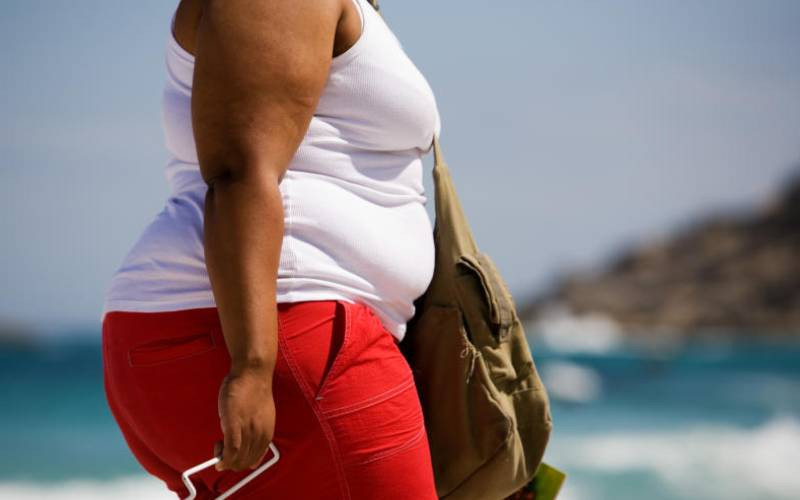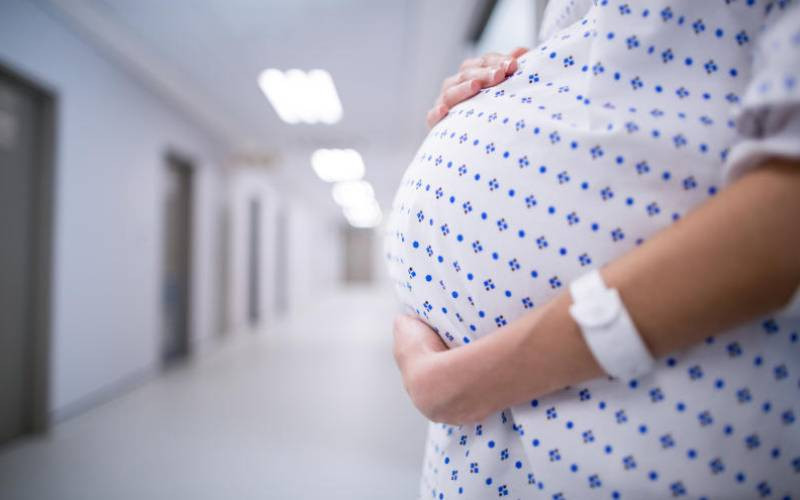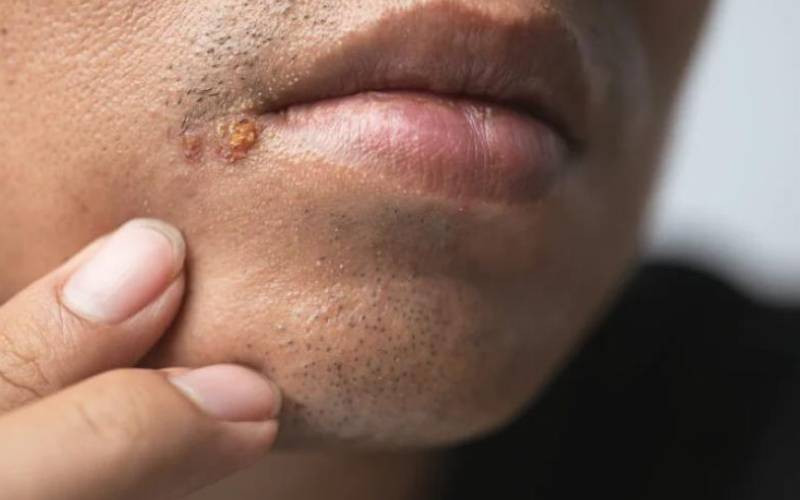
Life with a newborn brings with it many challenges not limited to adjusting. As a result many women fall into a depression and may not know it. According to Postpartum Support International, one in seven women suffer from postpartum depression after childbirth.
Postpartum depression is a mental condition that may develop right after childbirth and in some cases months later. It is a form of clinical depression. Professionals tell us that after giving birth a dramatic drop in the hormones may contribute to postpartum depression. Other hormones produced by the thyroid gland also may drop sharply which can leave one feeling tired, sluggish and also depressed.
More and more women who have just given birth suffer from postpartum depression. However, some women still don't know they might be depressed and attribute their low mood to a difficult day.
Below are the signs that you or somebody you know and love is suffering from postpartum depression. If you notice any of these signs, seek medical help.
Sleep deprivation
Apart from the usual irregular sleeping patterns that come with having a newborn, when you’re suffering from postpartum depression, you have even more difficulty sleeping. As a result you feel overwhelming fatigue and loss of energy.
Anxiety
Signs that you are anxious include feeling overwhelmed by the responsibilities that come with taking care of a newborn, trouble handling minor problems and feeling that you aren’t capable of caring for the newborn. You might also experience panic attacks and have thoughts of harming yourself and your baby.

Low self-esteem
You may feel less attractive. You may also struggle with some sense of identity or feel that you’ve lost control over your life.
Mood swings
Patients complain of having severe mood swings and getting into fights with your loved ones and just not being the same person you were mood-wise. You may be highly irritable.
You also find yourself crying excessively over issues that perhaps you might have been able to handle previously. You might feel like you’re crying about everything

Difficulty bonding with your baby
Naturally breastfeeding and interacting with your child might lead to a natural bond but if you’re feeling difficulty dealing with your newborn, you might be a victim of postpartum depression.
Loss of appetite
As a new mum, you are required to eat well so you can nurse your baby better. But when you are suffering from postpartum depression, you have no appetite and mealtimes become extremely draining.
 The Standard Group Plc is a multi-media organization with investments in media platforms spanning newspaper print
operations, television, radio broadcasting, digital and online services. The Standard Group is recognized as a
leading multi-media house in Kenya with a key influence in matters of national and international interest.
The Standard Group Plc is a multi-media organization with investments in media platforms spanning newspaper print
operations, television, radio broadcasting, digital and online services. The Standard Group is recognized as a
leading multi-media house in Kenya with a key influence in matters of national and international interest.










